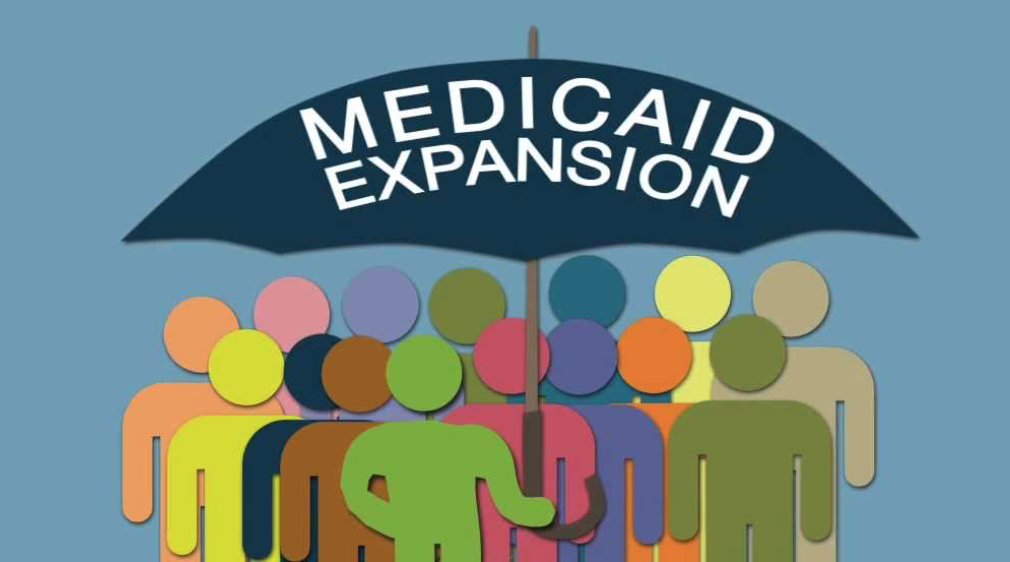HOW MEDICAID EXPANSION COULD IMPACT GEORGIA

BY SANIA QAZI – The Affordable Care Act, commonly known as Obamacare, passed 9 years ago after months of contentious debates about how the bill should address the issue regarding the growing number of uninsured and underinsured people in this country. Perhaps the most integral part of the bill aimed at solving this issue was the Medicaid Expansion. Before the Affordable Care Act was passed, the federal government only required states to insure pregnant women, children, and people with disabilities under Medicaid. Some states allowed low-income families 200% below the federal poverty line to qualify as well. The millions of individuals who did not meet these qualifications, but at the same time could not afford private insurance, were put into what is known as the Medicaid gap. The Affordable Care Act tried to help those in the gap by mandating that all states had to expand Medicaid to all adults with incomes 138% below the federal poverty line. Initially the federal government promised to pay 100% of the cost, but would phase out the cost by 2020 and have states pay 10% of the share, while they would pay 90%.
In 2012, however, the Supreme Court ruled that individual states could decide on their own whether or not they wanted to expand Medicaid. As of today, 33 states including the District of Columbia have expanded and 14 states, Georgia being one of them, have yet to expand. Georgia’s previous Governor Nathan Deal was a firm opponent of the expansion, citing a lack of confidence in the federal government’s promise to pay their share of the cost and that our budget simply couldn’t handle the increased spending on the program. Proponents of the expansion argue that it helps solve healthcare disparities in Georgia’s healthcare system, it helps keep rural hospitals and clinics open, and it saves Georgia money in the long term.
Currently around 2 million Georgians are covered by Medicaid. If the state were to expand the program, an additional 726,000 people could potentially gain access to health insurance. The cost to insure these additional people is estimated at around $500 million per year. Many lawmakers argue that this cost is too high a burden on Georgia’s budget and finances, while others maintain that it is manageable because it comes out to only 5% of Georgia’s annual budget.
Proponents of the expansion have said that it would save Georgia money in the long term by giving low-income uninsured individuals access to primary care services under Medicaid. Typically, those without access to primary care wait until their illness has progressed to a later stage to seek care in an emergency room. ER care is extremely costly and low-income patients usually have no way of paying the bill. Because of this the hospital loses money by treating low-income patients but are obligated to treat everyone who comes into the ER. This is a major problem in rural parts of Georgia, where uninsured rates are much higher than in urban and suburban parts. This is one of the main reasons why rural hospitals in Georgia struggle to stay open.
Proponents also argue that expansion would help address the racial, ethnic, age, and income-based healthcare disparities that are present in Georgia’s current healthcare system. A majority of those uninsured in Georgia are African American or Latino. Opponents argue that these disparities can be resolved through less costly means like increasing waiver programs or increasing risk adjustment payments.
Proponents also argue that the deal is financially beneficial to Georgia since the federal government pays 90% of the costs and the state must pay the rest to fund the expansion. Georgia has already turned its back of $33.7 billion since 2012 and will turn its back on $45.4 billion over the next decade. This means the federal income taxes that Georgia residents pay are going to fund the program in other states instead of their own state. The expansion would help Georgia save money since low-income workers would be able to receive timely care at a clinic or hospital or be able to buy cheaper pharmaceutical drugs, which would lower the number of costly unproductive sick days from work.
Overall both sides of the issue have valid concerns that must be addressed in the coming years. Georgia’s healthcare system is clearly not perfect and healthcare reform has become a growing issue in the state. Around 12.9 percent of Georgia residents are uninsured, so our lawmakers and elected officials must assist these people in gaining access to coverage in a cost-effective way in the future. Thousands of people’s lives depend on this issue so it should be taken seriously and addressed quickly by those in our legislature.
